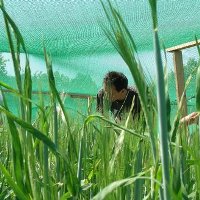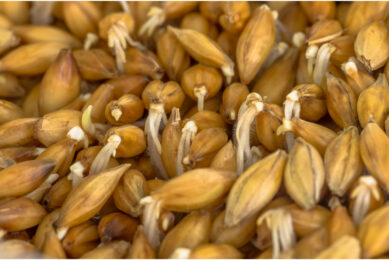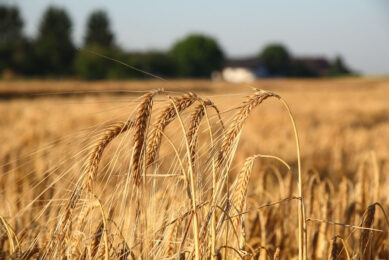German GM barley field destroyed

A trial field to investigate whether genetically modified barley has undesirable impacts on beneficial soil fungi like mycorrhizas has been destroyed. The land belongs to the University of Giessen.
research station site belonging to the Institute
for Phytopathology and Applied Zoology
at the end of April. They had been produced from two barley lines
developed in the USA. One of them contains an active chitinase
gene from a soil fungus. Chitinases break down
chitin, which is also a component of fungal cell walls. The second line contains
a gene from a soil bacterium that produces glucanase. The gene was transferred
to barley to improve its brewing properties and to make it more easily
digestible as animal feed. However, glucanase also has fungus-resistant
properties.
Effect on fungi
The research project led by
Giessen-based biologist Prof. Karl-Heinz Kogel is investigating whether the
formation of enzymes that break down chitin and glucan also harms beneficial
fungi. If the two GM barley lines were to prove harmful to these fungi, which
are important for the health and vigour of plants, this would have great
significance for agricultural ecosystems.
Continuation
Both GM
barley lines are a long way off being used commercially in Europe. Despite the
destruction, it was still possible to evaluate parts of the trial last year.
These findings were to be tested and confirmed during the current growing
season. The trial will be continued this year again.
Related
website:
University of Giessen











